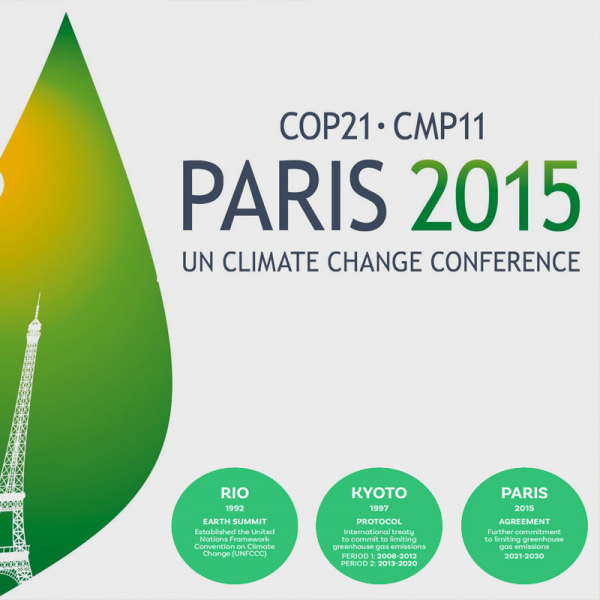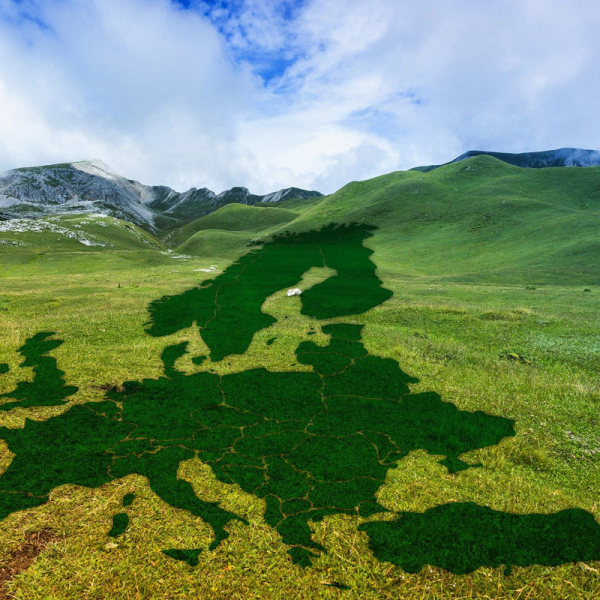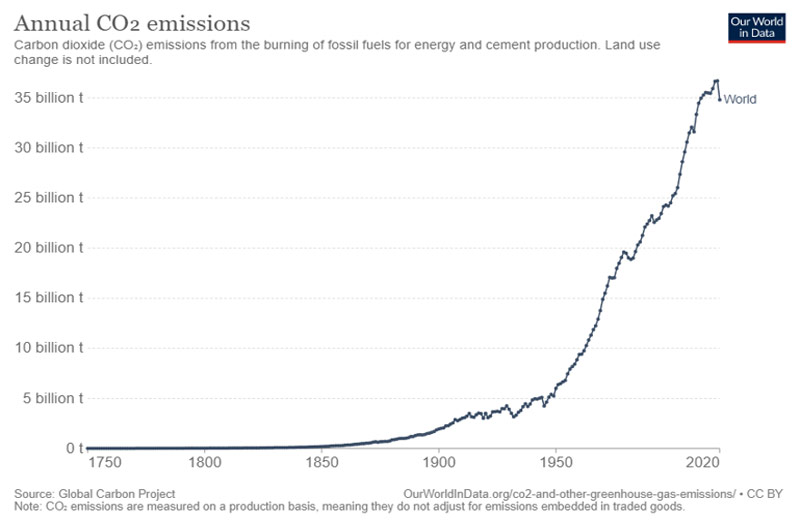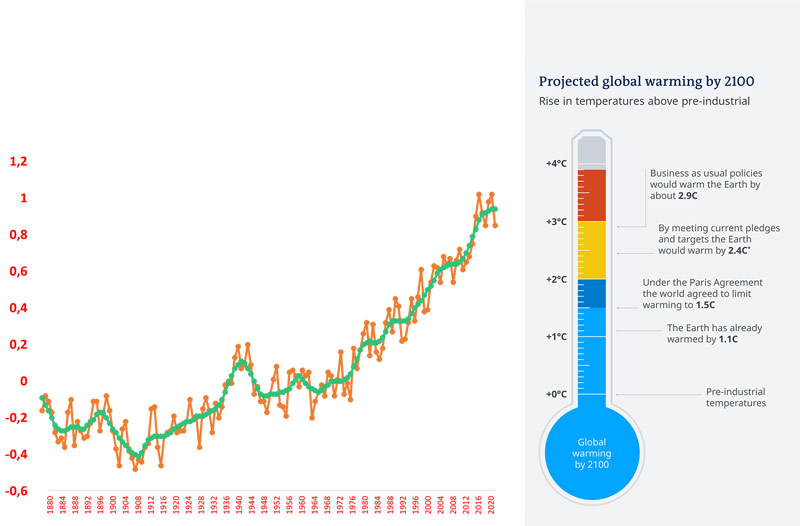
Climate Change
Climate change refers to long-term changes in temperatures and weather phenomena. These changes can also happen naturally, but with the Industrial Revolution, human activities have been the main driver of climate change, primarily due to the burning of fossil fuels (such as coal, oil and gas) that produce heat-trapping gases since the 1800s..

Paris Climate Agreement
The Paris Agreement, often referred to as the Paris Agreement or the Paris Climate Agreement, is an international agreement on climate change that was adopted in 2015. It consists climate change mitigation, adaptation and financing. The Rio Conference held in 1992 and the Kyoto Protocol signed in 1997 have formed the first steps of the creation and adoption of the Paris Climate Agreement.
The UN Conference on Environment and Development (Rio Conference), held in Rio de Janeiro, the capital city of Brazil, between 3-14 June 1992, was an important step in terms of the adoption of a set of principles for nations to adopt environmentally friendly management styles.
The UN Framework Convention on Climate Change (UNFCCC) has been the fundemental step in the fight against climate change. After two and a half years of negotiations, the Protocol was accepted at the 3rd Conference of the Parties held in Kyoto in 1997 and entered into force in 2005. Currently, 191 countries and the EU are parties to the Protocol.

Green Deal Call
The Horizon 2020 Program Green Deal Call aims to reduce carbon emissions by 55% by 2030 and to design a series of deeply transformative policies through R&D and innovation projects, with the purpose of making the European continent 100% carbon neutral by 2050 and aims to contribute to the goals. The Action Plan, prepared by the European Commission with the contributions of the member states, was announced on 11 December 2019.
Carbon Border Adjustment Mechanism (CBAM); It is explained as carbon pricing per ton, which is planned to be applied to some goods imported from non-EU countries that have not implemented regulations comparable to the climate change policies implemented within the EU borders. The regulation, published on 14 July 2021 will primarily affect our exporters operating in the iron-steel, aluminum, fertilizer, cement and electricity sectors. The CBAM will enter into force on 1 January 2023 and will be a transitional period from 2023 to 2026.



